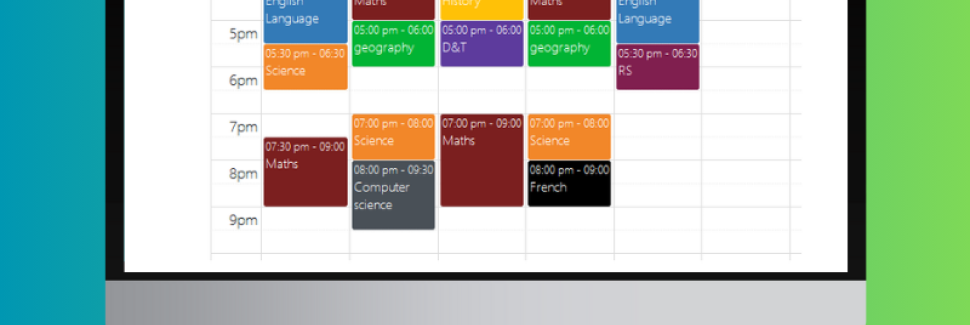
We’ve all been there, read a story online and believed it to be true. After all why would a website bother to make up stories? Well the chances are unless it’s from a reputable news source the story could well be fake, or at the very least embellished to such an extent the original meaning is almost entirely lost. Remember the golden rule sensationalism gets clicks, boring facts often do not.
Back in the 20th century when people actually did read paper newspapers, there used to be a saying “never believe everything you read in the papers”. This still applies today with the extra caveat “and online”. Even reputable news sources can be guilty of a level of bias, depending on their political leaning they will also be more critical of the political party they are opposed to.
It is therefore essential before you rush to judge anything you have read online think carefully about the motivation of the person/ organisation who have published the piece. Are they simply looking for you to share this on Facebook or Twitter in order to get more clicks and therefore more advertising revenue? If you are not sure then don’t share it as this action only encourages the spread of yet more fake news.
You also need to recognise that often fake news can be targeted directly at you through social media based on your own and your friends political views, via complex algorithms that can accurately track your opinions and political allegiances. This is known to be extra effective at encouraging the sharing of fake news as targeted stories will often reinforce your own political bias. If you find something particularly offensive you are more likely to tell your friends about it and so the sharing cycle continues.
If you really do care about an issue and you see a news piece that affects you, remember to check multiple news sources to see if the facts are represented in the same way and if not always be wary. It really does pay to get woke to the threat of fake news and to make sure you are not contributing to the problem.





